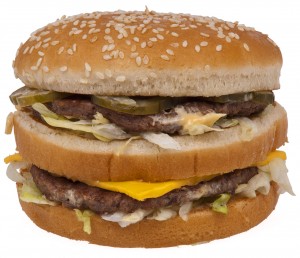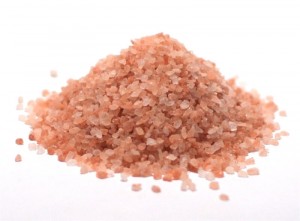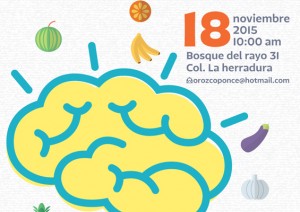
The most common reason is because you’re having difficulty digesting what you just ate. 60-70% of our daily energy is generally used to digest our food. If you feel a noticeable dip soon after eating, that could be your body’s message to you that you just ate either too much food, or something(s) particularly difficult for you to digest, or a combination of the two.
It’s possible that it also indicates that you have a sensitivity or intolerance to something you just ate, but since poor or incomplete digestion is usually a causative factor in the development of food sensitivities, it still goes back to difficulty with digestion.
Here are some approaches that you can try to improve your ability to digest food.
- Eat slowly, chew thoroughly. In order for proper digestion to occur further down in your digestive tract, it is necessary for your teeth to have ground down your food into, ideally, a paste form before swallowing. This can take 20-30 chews per mouthful. Are you doing that?
- Decrease the total amount of food eaten at a meal. Many of us are eating way more food (often of poor quality) than we need. You may be overfed, yet undernourished.
- Use food combining rules: eat fruit by itself, don’t eat animal protein (meat, poultry, fish, eggs) with starches (breads, potatoes, rice, etc).
- Take digestive enzymes with your meals. One (sometimes two) capsules taken at the beginning of each meal can be very helpful for a period of time while you’re taking other steps to improve your ability to digest food.
- Start taking probiotics. These are the beneficial bacteria that should be living (in balance and harmony) within our digestive tract and many people have big problems with an imbalance of these organisms.
- Eliminate or markedly reduce the amount of refined, processed, fast food in your diet. Poor quality fats are often present in these foods and they (and other ingredients) can be very difficult to digest as well as be irritating to the lining of your GI tract.
- Remove dairy, wheat, and soy from your diet. The modern versions of these foods are very difficult to digest and are causing problems for many of us.
- Choose organic and non-GMO foods as much as possible. Heavy pesticide use and genetically modified foods are a causative factor in digestive system problems as well as problems within all other parts of the body.
If you try all of these suggestions and are still having GI issues of some sort, consider working with a nutritionally-oriented healthcare professional who can help sort out your particular imbalances.




